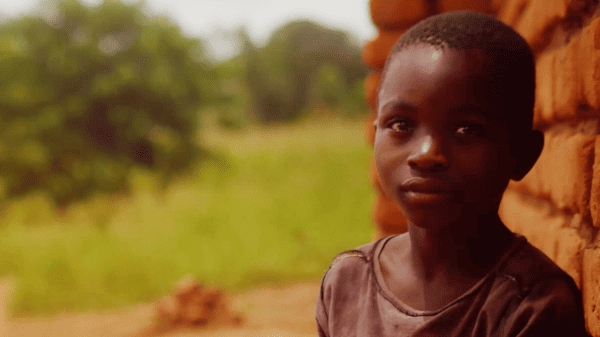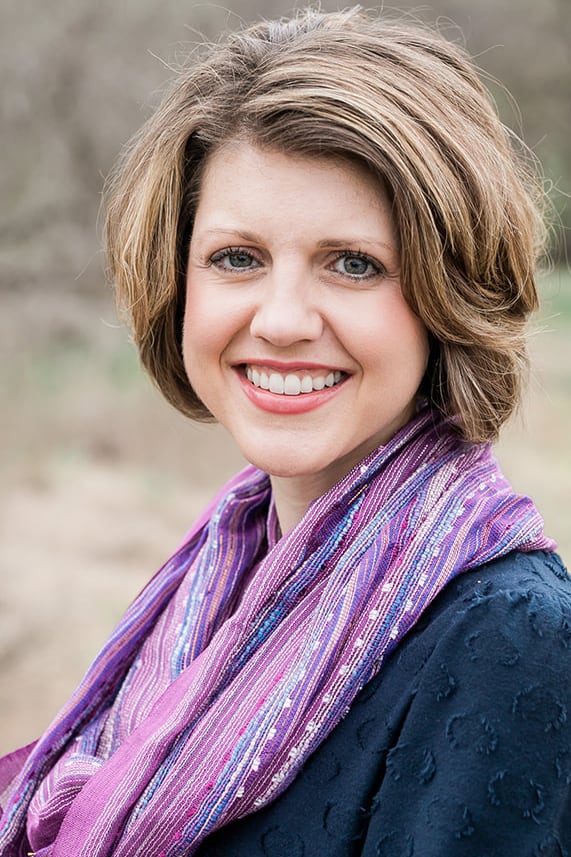We Can Relieve Suffering for People in the Toughest Places
By Amanda DeWitt

They live in the toughest places — without access to the basic items they need to survive and without access to the message of eternal hope in Jesus. And yet our local staff teams and partners are determined to reach them.
Together we go where other agencies cannot. We provide food, clean water, or critical aid to those with little other assistance. As physical needs are met, relationships are formed. And at the right time, we have opportunities to talk about why we do this work and the One who compels us to keep going.
World Humanitarian Day is an international day dedicated to recognizing humanitarian personnel and those who have died working for humanitarian causes.
Today Unto® President and CEO, Al Goff, reflects on why we should serve those living in the toughest places. He also shares how we can pray for our international team members and others like them as they bravely risk their lives so others can have basic necessities and the opportunity to hear about Jesus. When we all join together, we can do more to relieve suffering, restore dignity, and reveal hope worldwide.
Unto: It may seem obvious, but why is humanitarian work still so important?
Al: Jesus gave us a mandate. When we see the hungry, we are to feed them. We see people who are thirsty, we are to give them a drink. When we see those in need of clothing, we are to clothe them.
When we serve others in this way, we are ultimately serving Jesus. As He concludes in Matthew 25:40 (NIV), “‘…whatever you did for one of the least of these brothers and sisters of Mine, you did for Me.’”
God is the author of humanitarian work. All throughout the Bible we see God calling His people to care for the widow, orphan, and refugee. During His earthly ministry, we read about Jesus tangibly meeting the needs of those who were suffering and giving them hope.
The needs in our world today have never been greater. Currently there are 110 million people displaced due to conflict. It is the greatest number since World War II.
We are in a global food crisis that is causing panic around the world. Major food-producing countries are not exporting their goods. Prices are rising. And so for people living on less than $2 a day, they simply cannot afford to eat.
There has been a significant rise in global disasters. Extreme temperatures are causing droughts and flooding. Famine is on the rise.
As long as there as there are people who need help, we are compelled to go, meet their needs, and share the message of hope.
Unto: World Humanitarian Day brings awareness to the needs of those who suffer and of those who serve. Can you talk about the dangers involved in humanitarian work?
Al: I have lost dear friends who have gone to difficult places — with the purpose of meeting needs and sharing hope with those struggling to survive — and never returned.
When you go to war zones, refugee camps, famine zones, or disaster areas, you are putting yourself in harm’s way. Our teams are there because things are going badly and people need help. Our goal is to provide stability in unstable situations. To bring order to chaos. But as they serve victims, they also realize tragedy could happen to them too.
We should pray for the protection of those serving in the toughest places. They are paying a great price. We should pray for those they serve too. They have endured so much.
Unto: How does humanitarian aid help create opportunities for local staff teams to share the message of hope?
Al: Humanitarian aid helps our local staff teams gain access to people who might otherwise be unreachable. In the toughest places you cannot just show up, build relationships, and talk about Jesus.
First, you must tangibly meet needs. You can earn the trust of local leaders by serving, expecting nothing in return. You can keep showing up, even in difficult circumstances.
Over time people start to ask why. Then in culturally and linguistically appropriate ways, our staff members can share about Jesus. They live in the communities they serve. They speak the language. They are on the ground to follow up, make disciples, and establish new churches.
Unto: How should we respond to the fact that 811 million people will go to bed hungry tonight — but 3.2 billion have never heard about Jesus?
Al: It has been over 2,000 years since Jesus gave us the Great Commission to go into all the and share His message of hope. And yet almost half of the world’s population still has not heard about Him.
Hearing that statistic should disturb us. But it should also make us more determined. We have a job to do.
Currently, there are roughly 3.4 billion people who have no access to the message of Jesus. Using global actuarial tables that would mean roughly 69,000 people will die today having never heard about eternal hope. And these people are in the toughest places on earth.
This is greatest humanitarian crisis — and it is fixable!
Together we can finish the Great Commission. We can reach every unreached people group. Humanitarian aid helps create opportunities to make this happen.
But it will take all of us doing our part to give, go, and pray.
So today we say “thank you” to international humanitarian workers for serving so faithfully. Our field teams are leading the way in expressing the kindness of Jesus in hard-to-reach, treacherous places, and we are grateful.
May we keep forging ahead to finish the work.
Maximize Your Impact in the Toughest Places
Right now you can help relieve suffering, restore dignity, and reveal hope to more people in the toughest places. Any gift you make to the Maximum Impact Fund by August 31 will be DOUBLED up to $100,000 to help provide lifesaving humanitarian aid where most urgently needed and help create opportunities for the eternal hope of Jesus to be shared!
Published August 19, 2023

Amanda is a freelance writer whose work has appeared in Gift for Leadership, Kindred Spirit, and Christianity Today publications. She holds a M.A. in Media and Communication from Dallas Theological Seminary.





